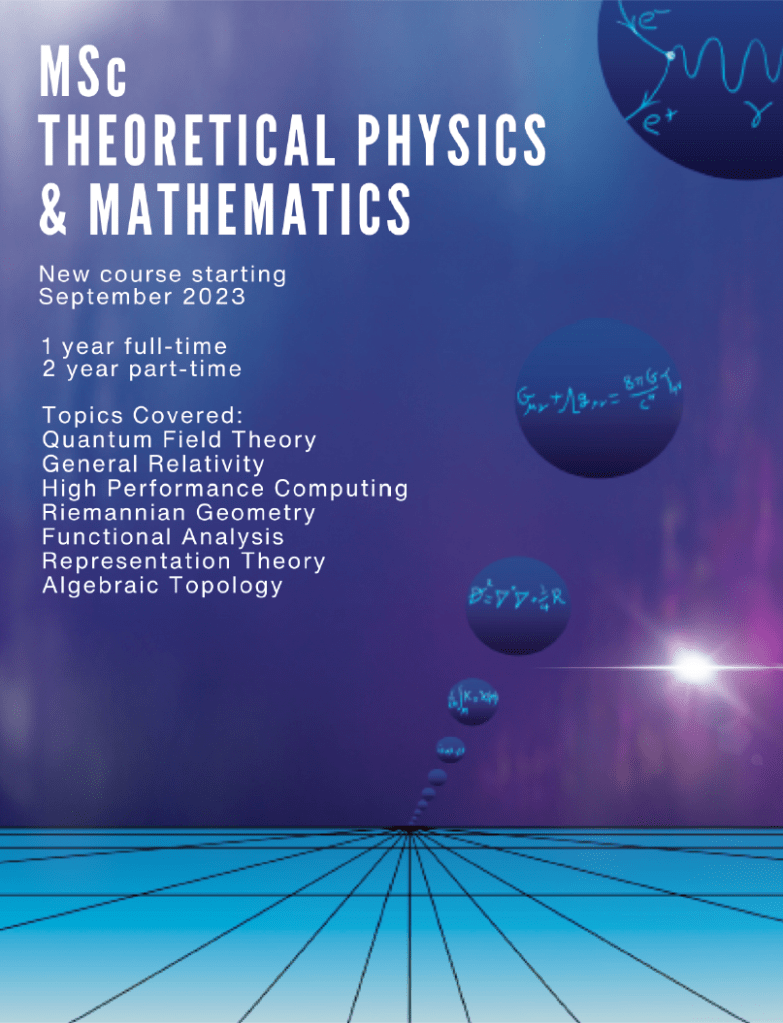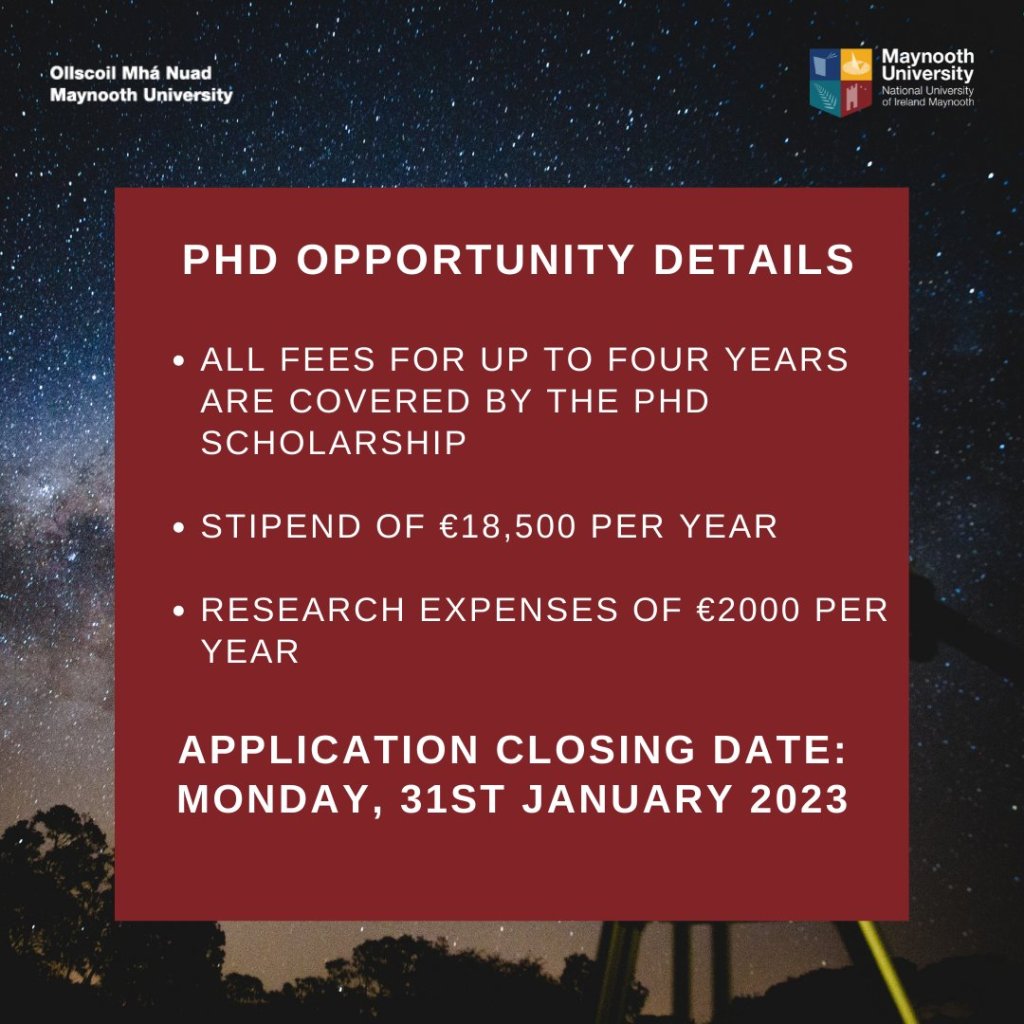It’s Friday 14th May 2021 which means that it’s the first day of the Summer examination period here in Maynooth, so let me begin by sending my best wishes to everyone taking examinations today and over the next few weeks, wherever you are. It’s a lovely morning in Maynooth. It seems to be a law of Nature that examinations always take place when the weather outside is nice.

For readers elsewhere in the world, full-time undergraduate students at Maynooth what is called 60 “credits” in a year, usually split into two semesters of thirty credits each. This is usually split into 5-credit modules with an examination in each module at the end of each semester. Projects, and other continuously-assessed work do not involve a written examination, but the system means that a typical student will have at least 5 written examination papers in January and at least another 5 in May. This is very similar to the system in most UK universities that I am aware of except that a full year’s work over there is 120 credits so there’s a conversion factor of 2:1. A 5-credit module in Ireland would be a 10-credit module in the United Kingdom, for example, but otherwise the system is similar.
Each examination is usually of two hours’ duration. We’ve kept that length after moving examinations online, although students are given extra time to scan and upload their answers. The question papers themselves have been slightly adapted online use by having much less “bookwork”. Generally these assessments are unsupervised and students are allowed to consult notes and textbooks so there is little point in asking them to copy out standard derivations and formulae. That means we can concentrate on the problem-solving aspects of theoretical physics, which are the most interesting bits (and perhaps the most challenging).
One big difference between our examinations in Theoretical Physics in Maynooth and those at other institutions I’ve taught at in the UK is that most of the papers here offer no choice of questions to be answered. Elsewhere it is quite common to find a choice of two or three questions from four or five on the paper.
One advantage of our system is that it makes it much harder for students to question-spot in the hope that they can get a good grade by only revising a fraction of the syllabus. If they’re well designed, two long questions can cover quite a lot of the syllabus for a module, which they have to in order to test all the learning outcomes. To accomplish this, questions can be split into parts that may be linked to each other to a greater or lesser extent to explore the connections between different ideas, but also sufficiently separate that a student who can’t do one part can still have a go at others. With such a paper, however, it is a dangerous strategy for a student to focus only on selected parts of the material in order to pass.
As an examiner, the Maynooth style of examination also has the advantage that you don’t have to worry too much if one question turns out to be harder than the others. That can matter if different students attempt different questions, but not if everyone has to do everything.
But it’s not just the number of questions that’s important, it’s the duration. I’ve never felt that it was even remotely sensible for undergraduate physics examinations to be a speed test, which was often the case when I was a student. Why the need for time pressure? It’s better to be correct than to be fast, I think. I always try to set examination questions that could be done inside two hours by a student who knew the material, including plenty of time for checking so that even a student who made a mistake would have time to correct it and get the right answer. If a student does poorly in this style of examination it will be because they haven’t prepared well enough rather than because they weren’t fast enough.
My first examination is this afternoon. The subject is (3rd Year) Computational Physics. This is an unusual module as a majority of the marks (60%) come from continuous assessment in the form of four class tests (20% altogether) and a mini-project (40%). The exam is a theory paper concerned with such topics as accuracy and stability. There are two questions on the paper, both of them compulsory. Next week there is my (4th year) Advanced Electromagnetism paper with four questions, again all compulsory. Obviously I’ll have to wait to see how the students do.
In the meantime here are some tips for students
- Try to get a good night’s sleep before the examination!
- Be ready well before the start and try to ensure you won’t be disturbed for the duration.
- If you’re doing an unsupervised examination, download the paper and any supplementary material needed at the start to avoid problems if you get disconnected.
- Read the entire paper before starting to answer any questions. In particular, make sure you are aware of any supplementary information, formulae, etc, given in the rubric or at the end.
- Start off by tackling the question you are most confident about answering, even if it’s not Question 1. This will help settle any nerves.
- Don’t rush! Students often lose marks by making careless errors. Check all your numerical results on your calculator at least twice and remember to put the units!
- Show your working! Especially in an unsupervised examination you need to convince the examiner that you actually did the problem rather than looking up the answer on the net somewhere.
- Don’t panic! You’re not expected to answer everything perfectly. A first-class mark is anything over 70%, so don’t worry if there are bits you can’t do. If you get stuck on a part of a question, don’t waste too much time on it (especially if it’s just a few marks). Just leave it and move on. You can always come back to it later.
- Try to finish the paper at the assigned time, i.e. use the upload time for uploading rather than doing more work. There is always the chance that you might run out of time for upload if you’re rushing right at the end.
- If you’re scanning and uploading answers, check that you have submitted everything you intended to. I have had several examples of missing pages over the last year…
Anyway, once again, good luck and best wishes!

















